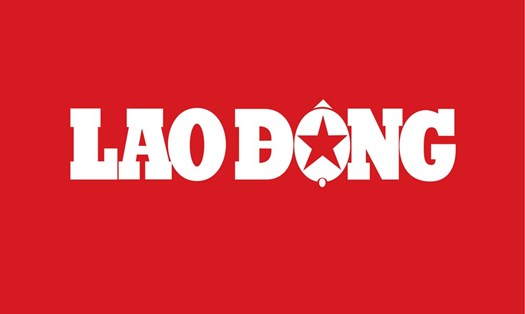The European Commission (EC) has approved the German government's request to spend $4.2 billion to subsidize four floating terminals for importing liquefied natural gas (LNG). This is part of Germany's urgent efforts to reduce its dependence on pipeline gas from Russia.
According to normal regulations, state subsidies are strictly limited to ensure competitiveness within the European Union (EU). However, the EC believes that Germany's proposal is reasonable and necessary in the context of the current energy crisis.
The funding will be allocated to Deutsche Energy terminals (DET), a German state-owned company, to manage four floating storage and regasification units (FSRU) at the ports of Brunsbüttel, Stade, and Wilhelmshaven, located along the northern coast of Germany.
These floating terminals were rushed to Germany at the end of 2022, as Europe faced a severe energy crisis due to Russian gas supply cuts. Germany has agreed to pay high rental costs to ensure it has enough LNG to maintain its economy.
Deutsche Energy terminals (DET) was established to market and operate FSRU, providing gas receipt capacity through short-term and medium-term auctions for European gas importers. However, the difference between auction revenue and actual rental costs has caused DET to suffer losses. The German government subsidy is designed to cover these losses.
If losses exceed forecasts, the support package could increase to 5.2 billion USD. However, Germany has pledged to stop the operation of floating terminals at Brunsbüttel and Stade after completing the fixed onshore facilities, and will lease out the no longer-used FSRUs to the international market.
The large investment in fossil LNG infrastructure has been met with criticism from environmental groups. They say this could make Germany continue to rely on natural gas for decades to come, which would go against the goal of reducing greenhouse gas emissions.
However, according to the Institute for Energy Economics and Financial Analysis (IEEFA), the trend of LNG imports into the EU has stagnated. Europes LNG terminal construction may be coming to an end. Several countries have postponed or cancelled new LNG infrastructure projects, including Albania, Cyprus, Ireland, Latvia, Lithuania and Poland. It is unclear whether the three projects in Greece will be implemented, said Ana Maria J aller- Makarewicz, energy analyst at IEEFA.











